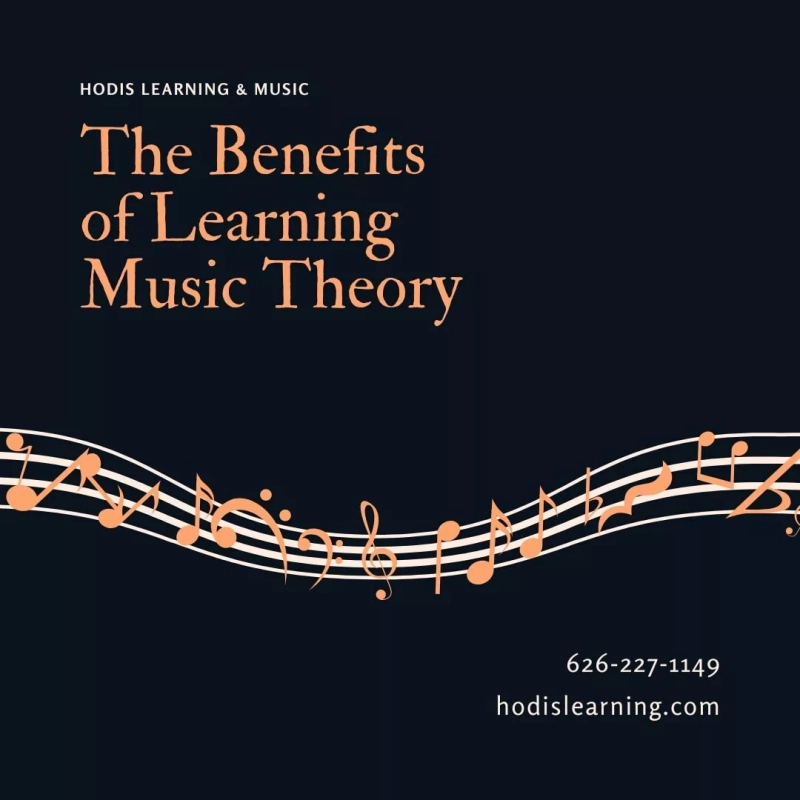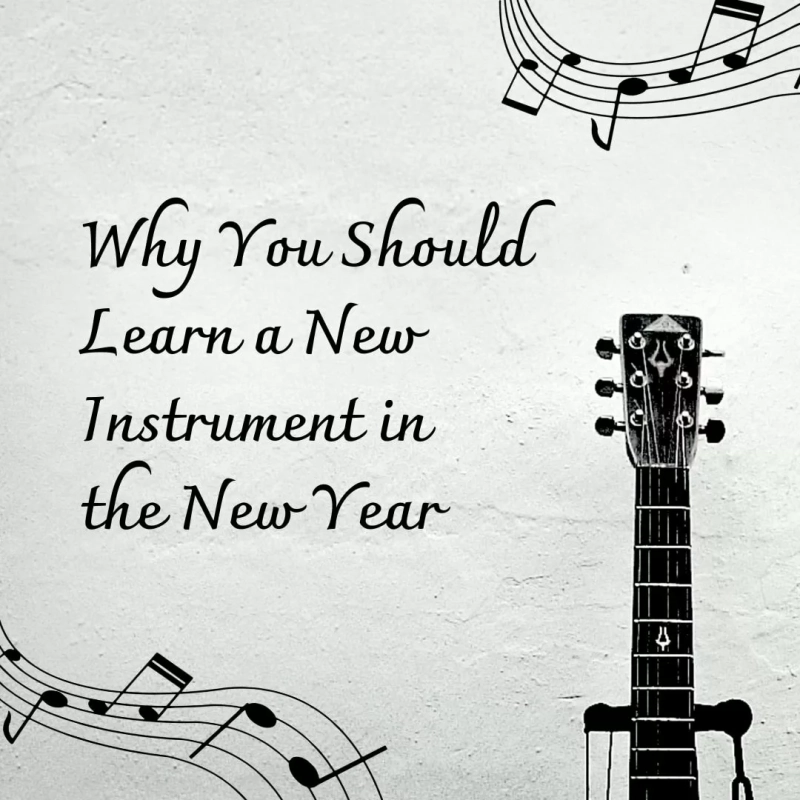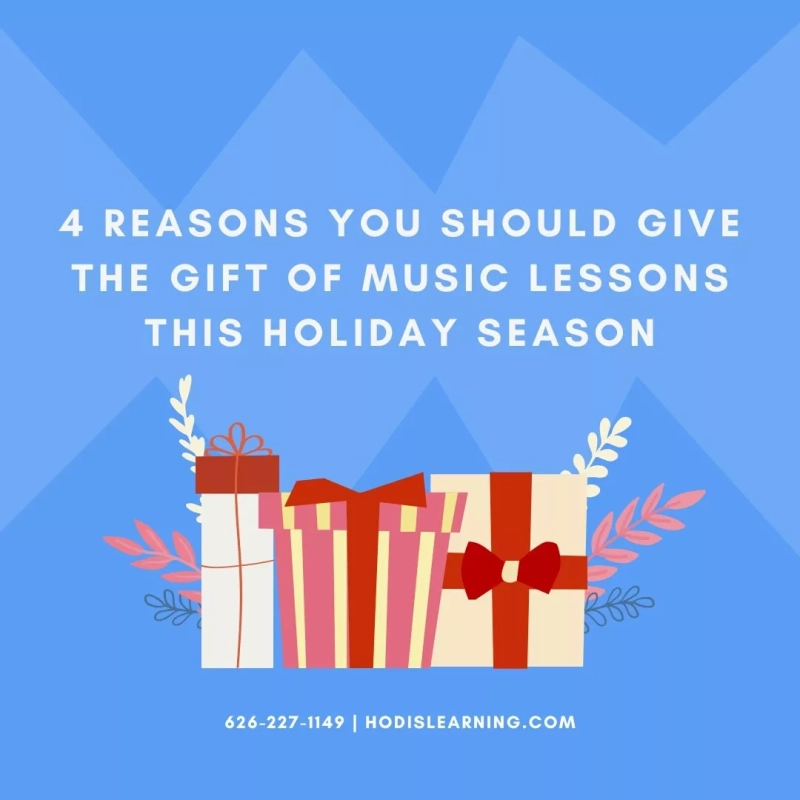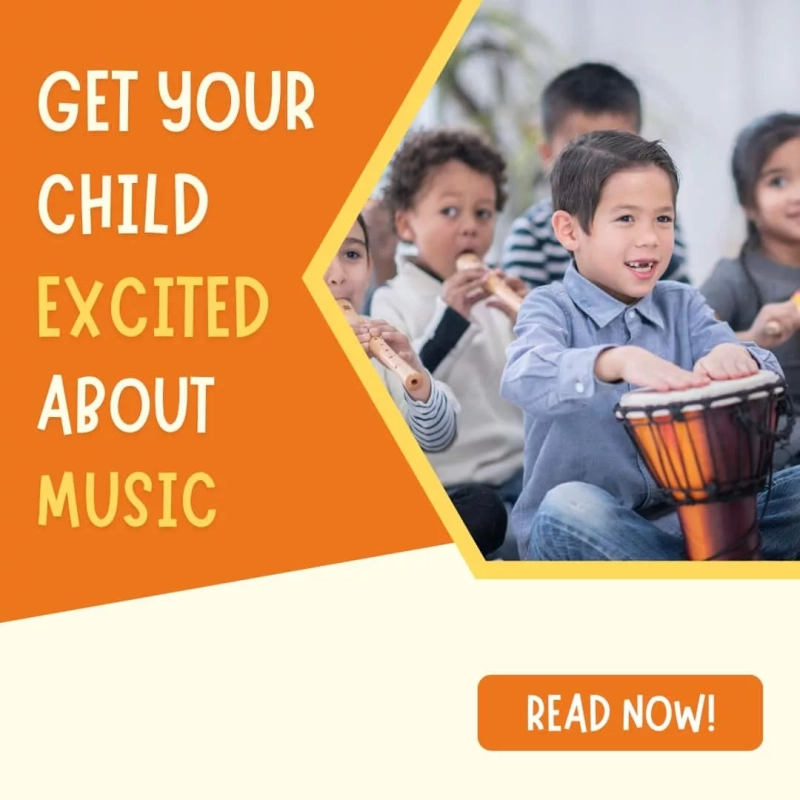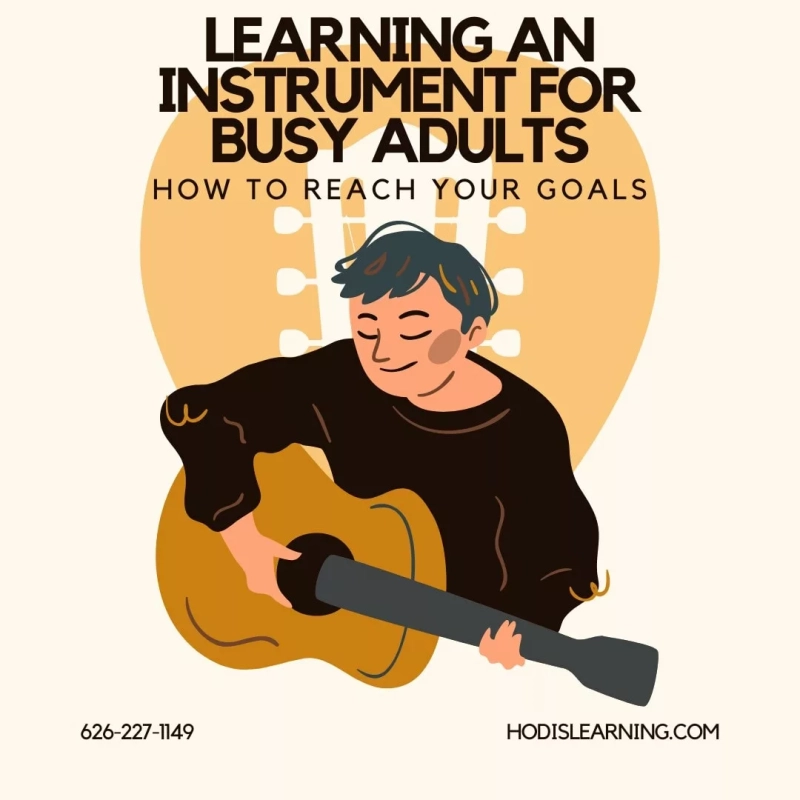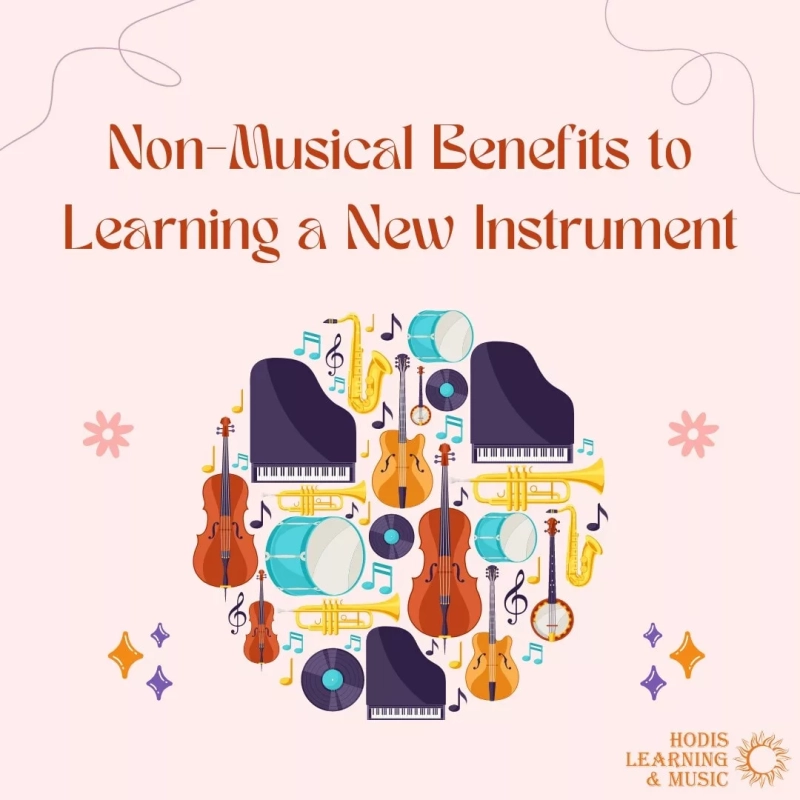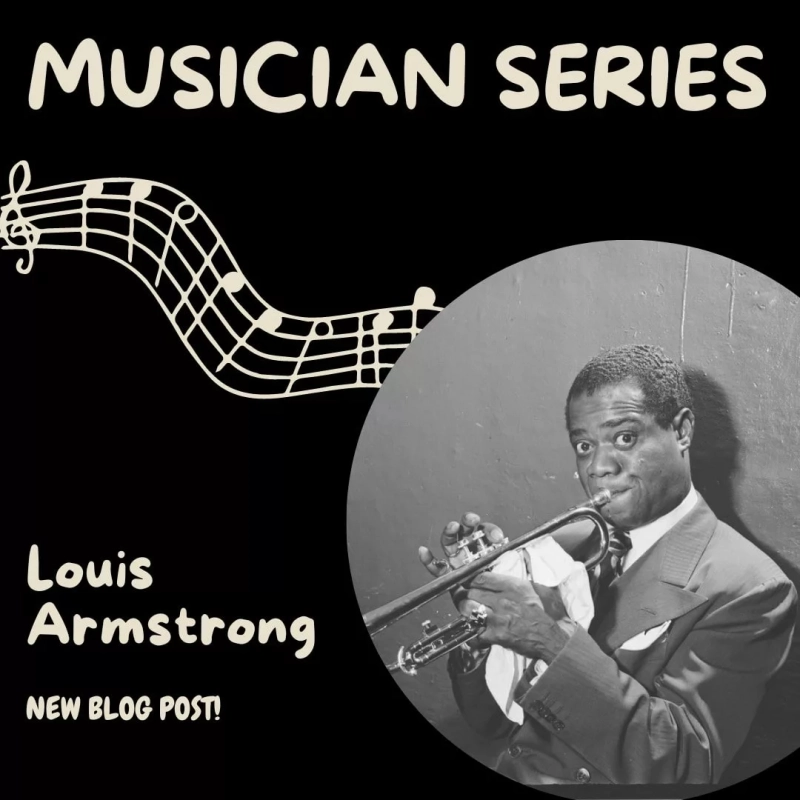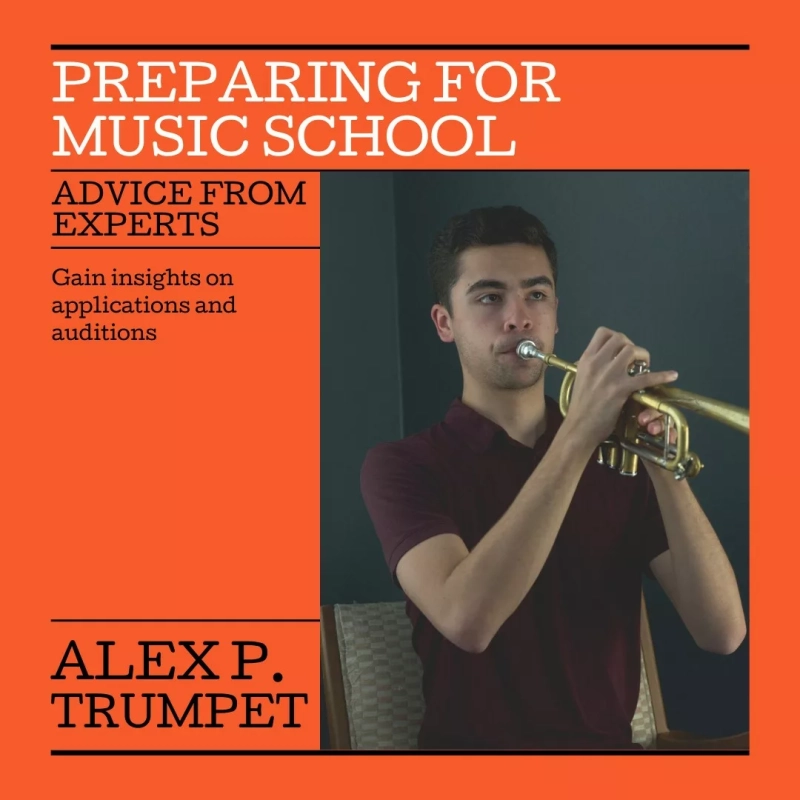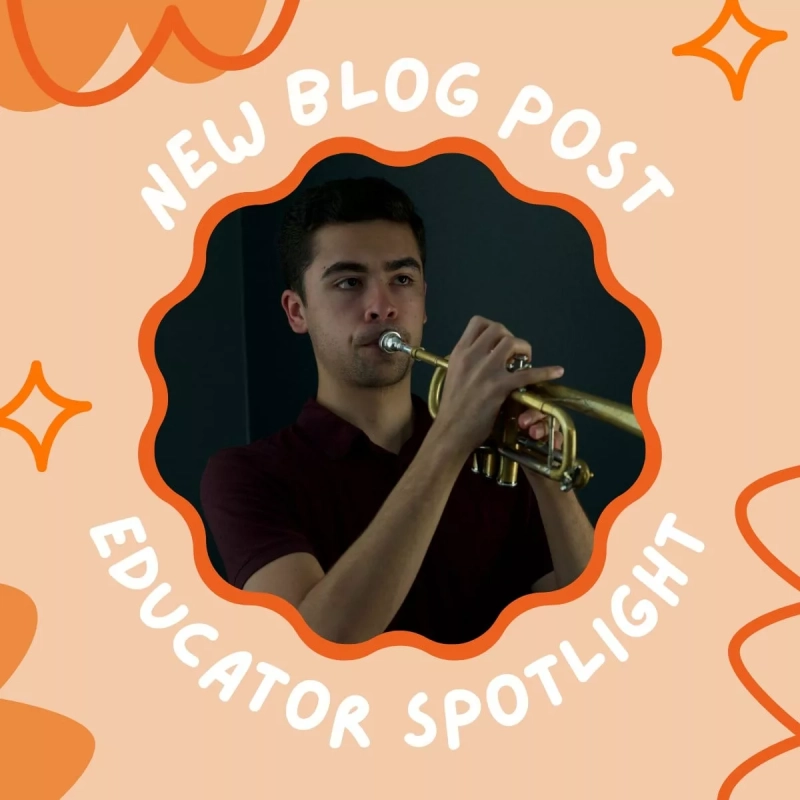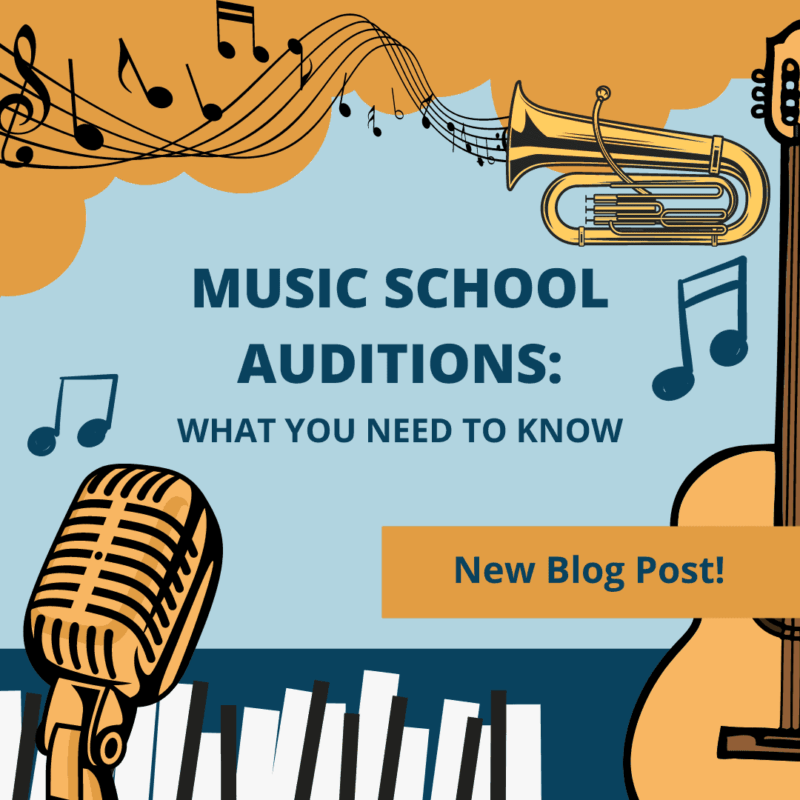Learning music theory can be daunting and frustrating. But learning music theory expands nearly every facet of a musician’s abilities. Here are only 5 of many reasons learning music theory is so crucial:
Understand What You’re Playing
Students become literate musicians when they understand the ins and outs of music. Having a deep understanding of music theory allows musicians to analyze and break down pieces, which naturally leads to a greater appreciation of music.
Boost Music Performance
Understanding music theory allows musicians to recognize patterns and become fluent readers of music. Through this understanding of how music functions in structure and form, musicians can more easily access harmonic memory and reproduce large sections of music from memory.
Improve Improvisation Skills
Knowing how to play written notes is essential for a musician. Similarly, knowing how to improvise is a learned skill that theoretical knowledge and experience build on. Knowing musical forms, predicting chord progressions with your ear, and being aware of harmonic substitutions gives students a foundation on which to practice improvisation and create cohesive music.
Effectively Communicate with Other Musicians
Having a deep grasp of music theory allows musicians to speak, write, and read the language of music. Only if a musician understands and communicates music theory can they effectively collaborate with other musicians. Plus, understanding theory helps musicians put words to feelings and better understand an instrument and how to play it.
Boost Your Creativity
While some claim that music theory confines their ability to write creative music, the truth is that music theory provides the necessary tools to express creativity. Think of it this way: just as a creative writer needs a strong vocabulary, thorough understanding of grammar, and proper punctuation to write a coherent and creative story, a musician needs a comprehensive understanding of scales, chords, and harmonizations to write a creative masterpiece.
Consider beginning music lessons with one of our expert music teachers to strengthen your knowledge of music theory and improve your overall music abilities. Contact us for more information and to schedule your first session today.

